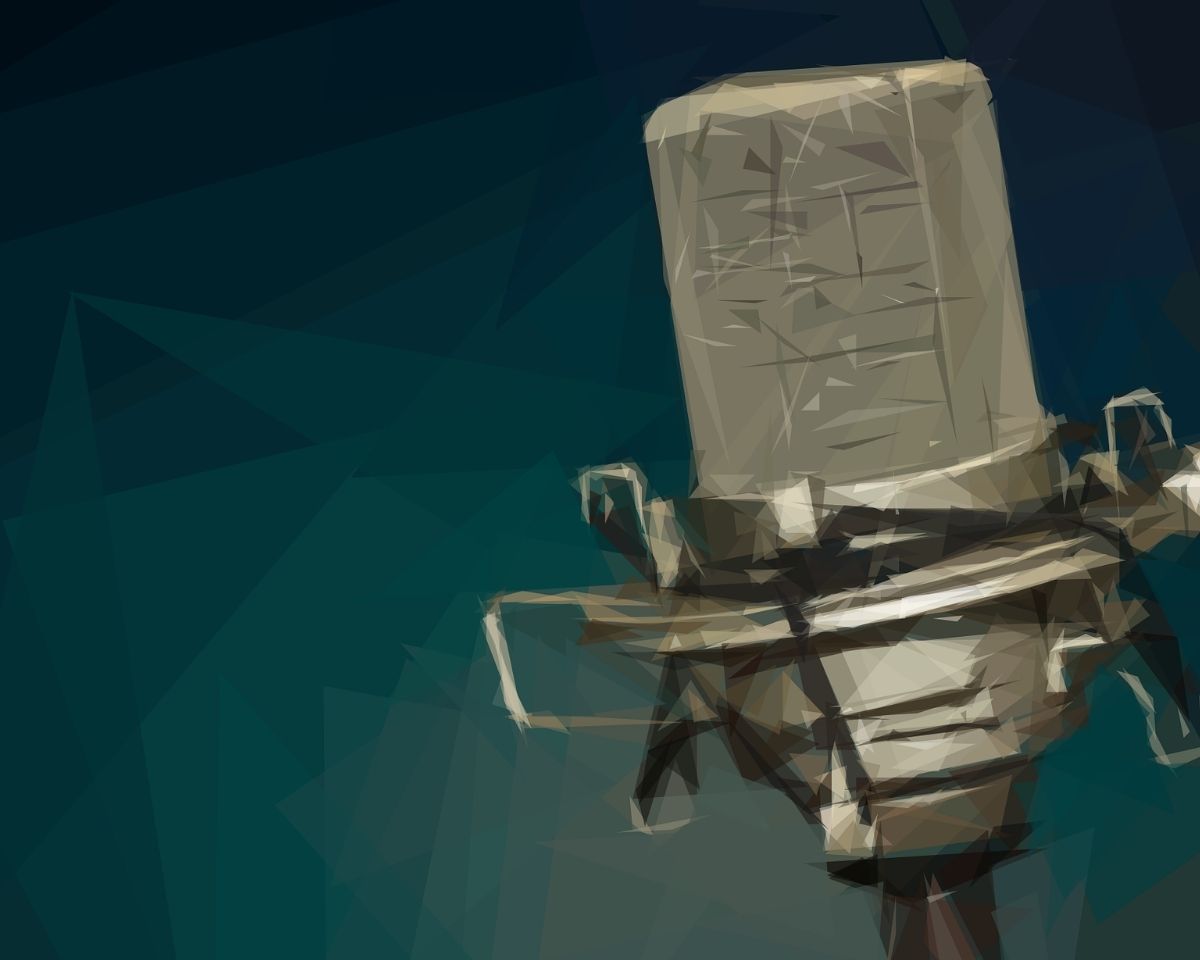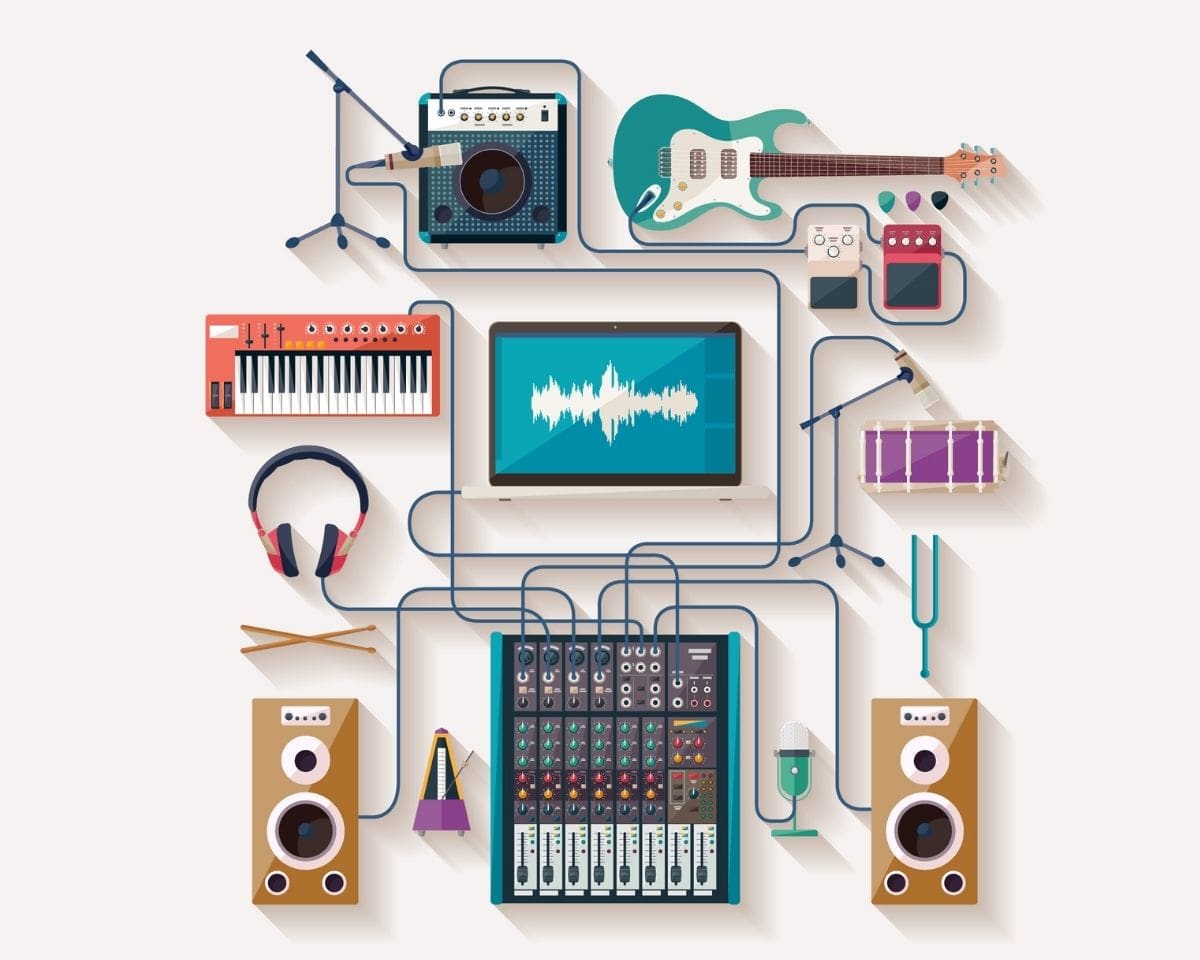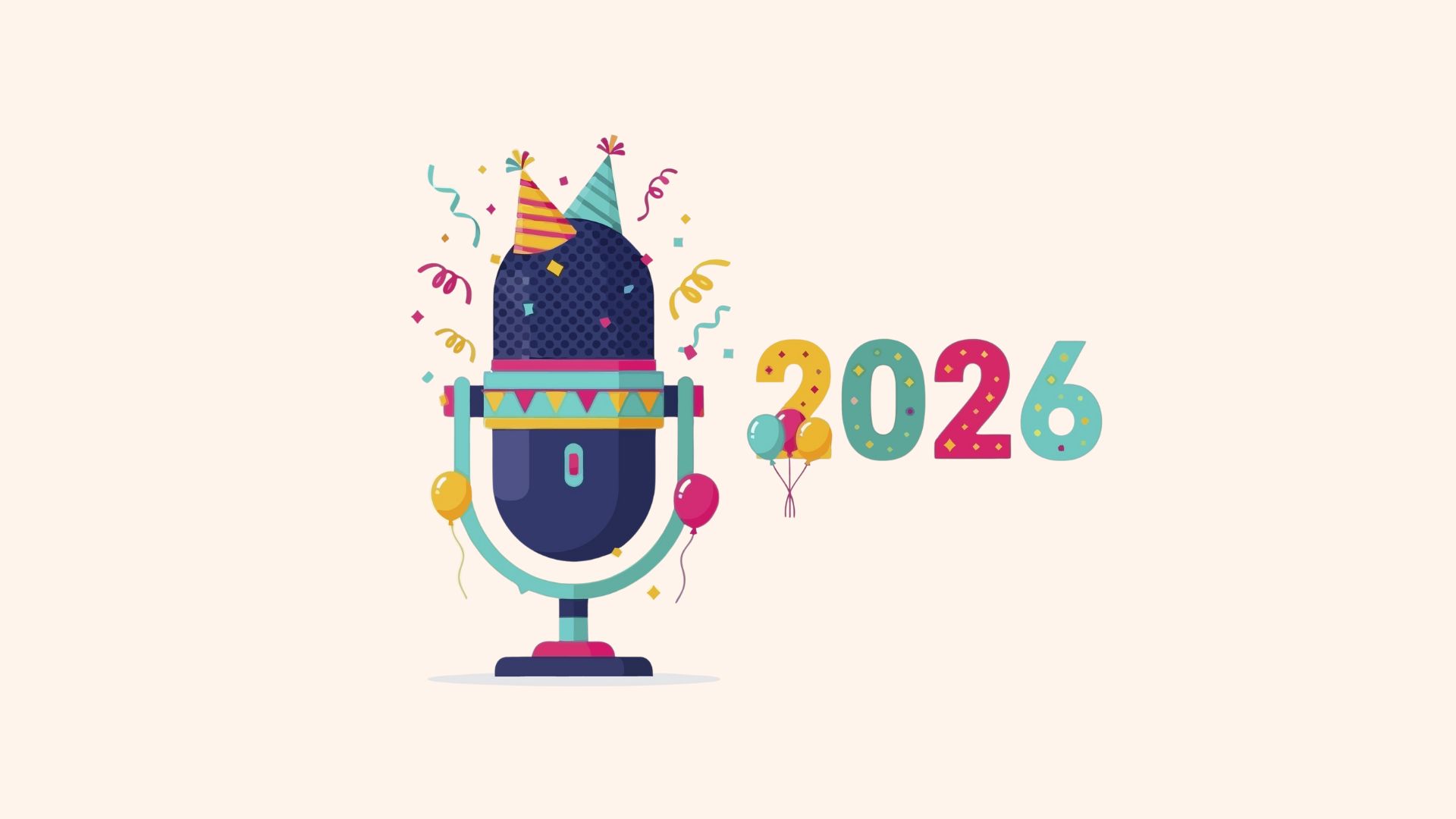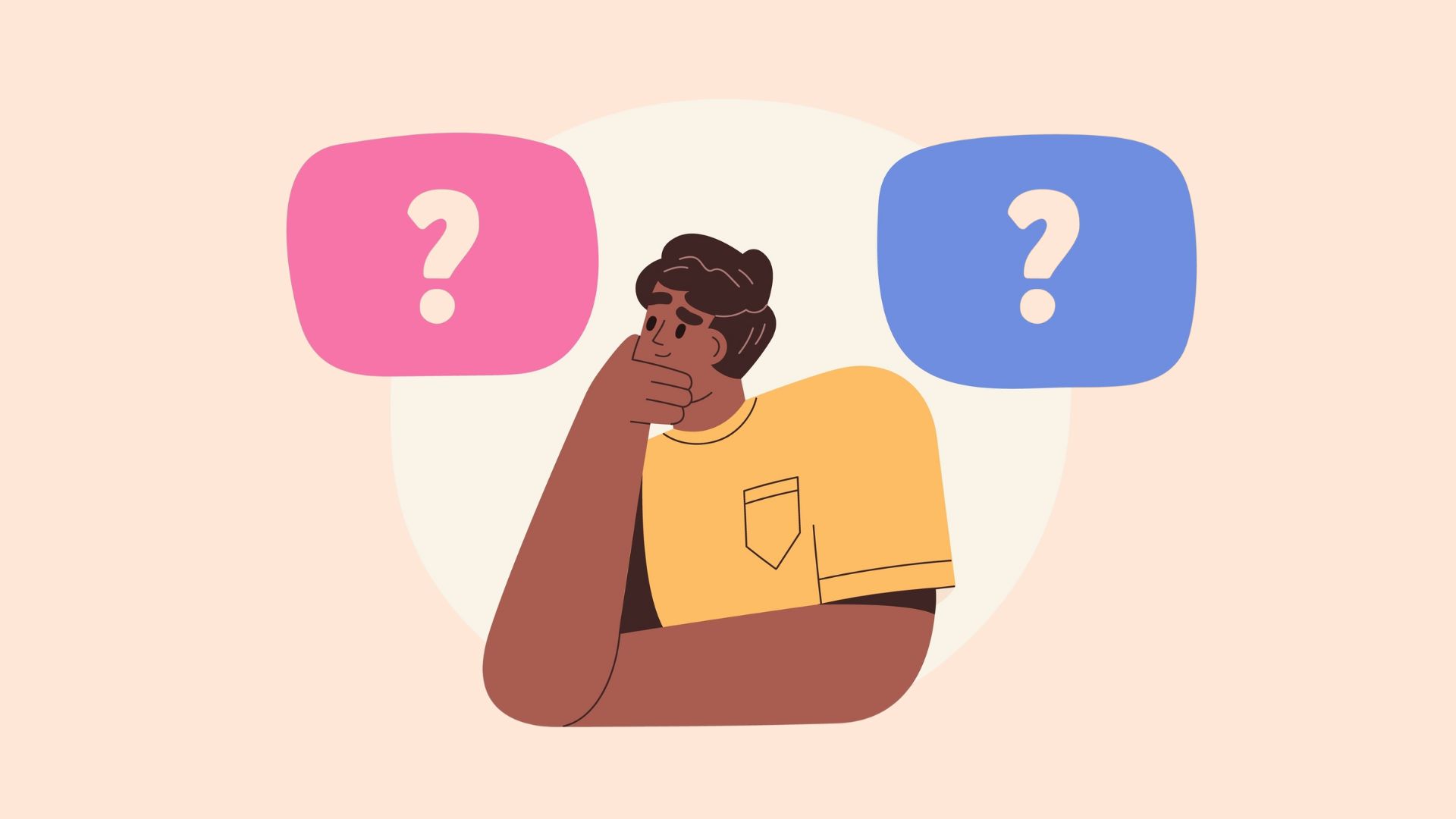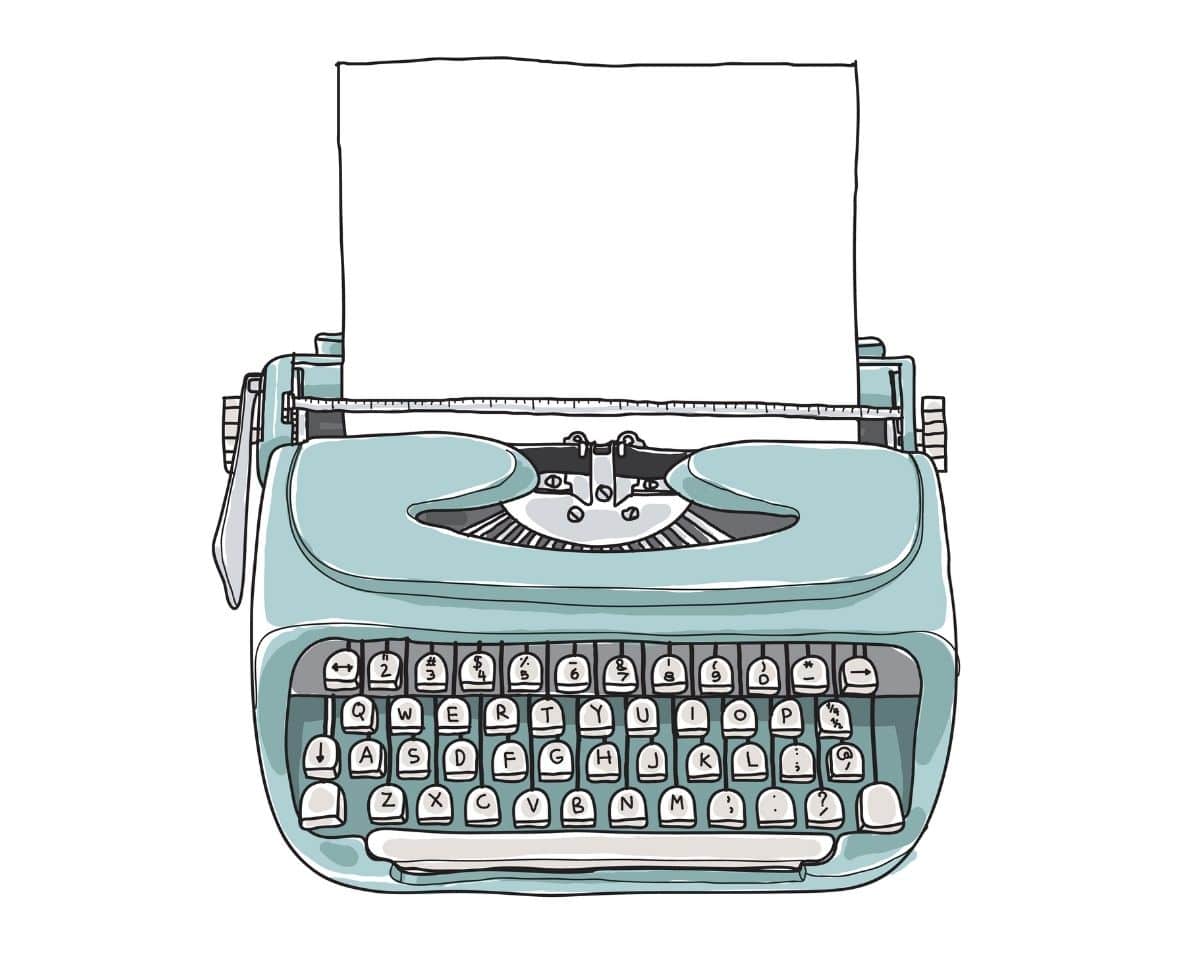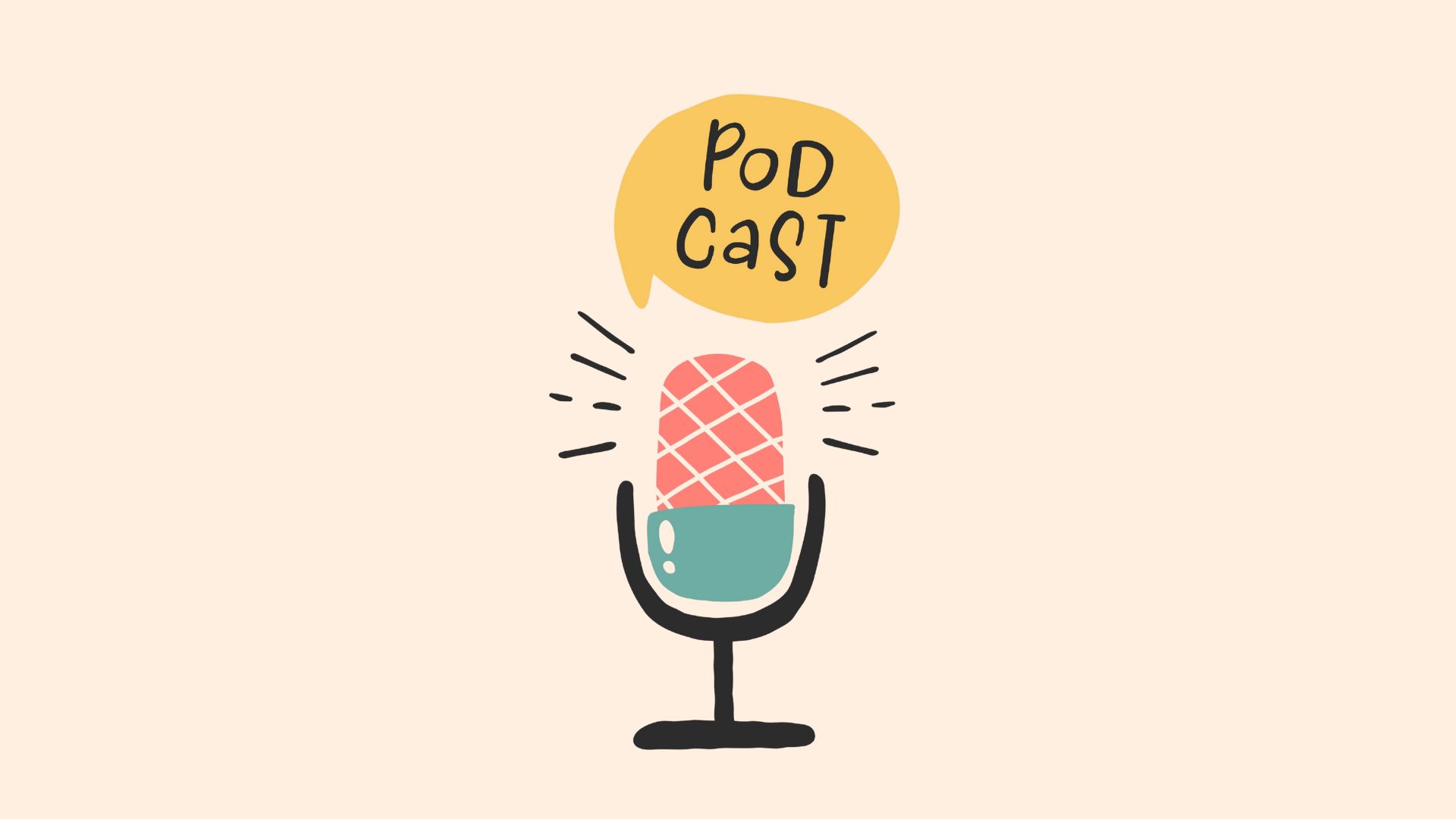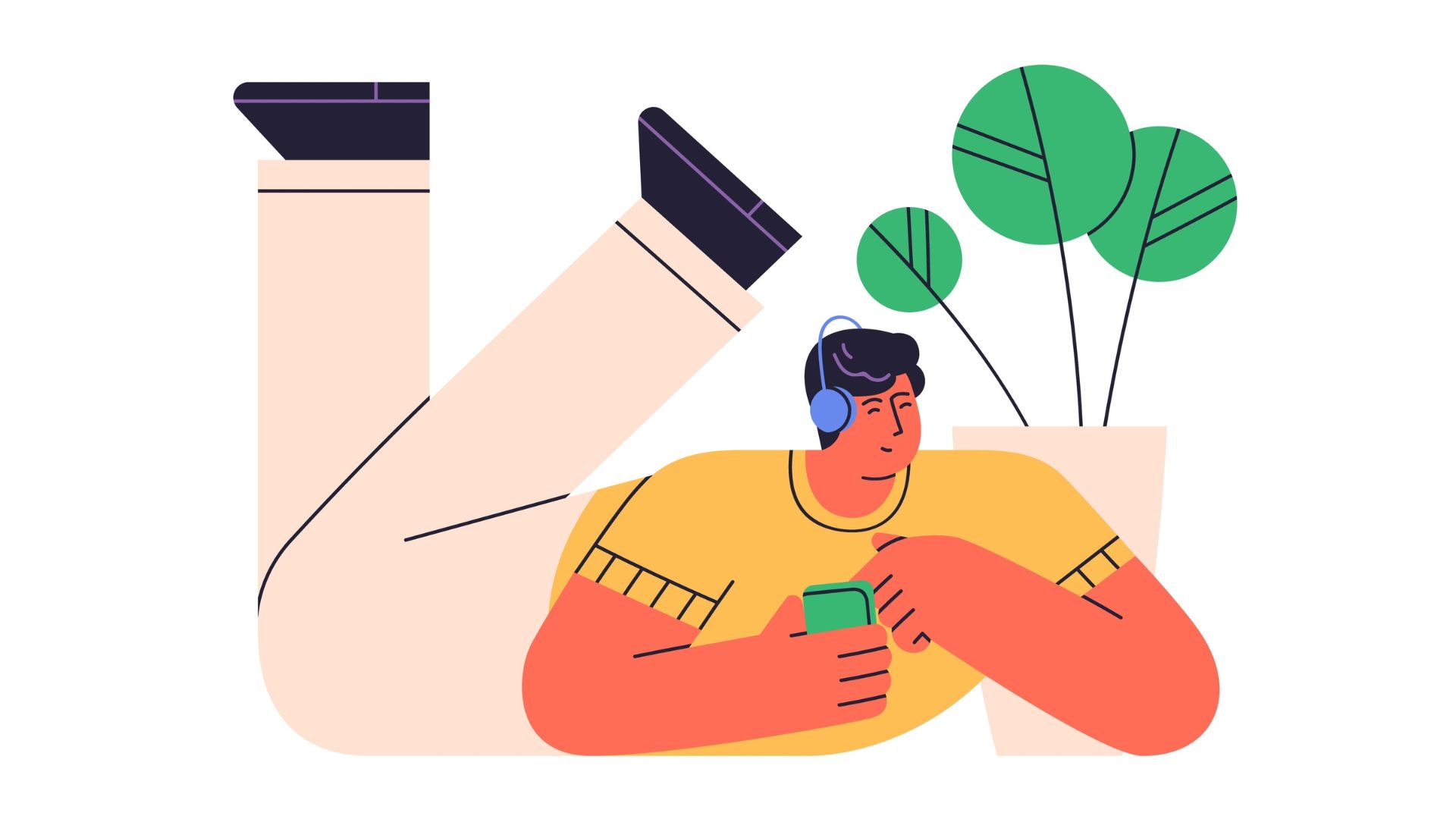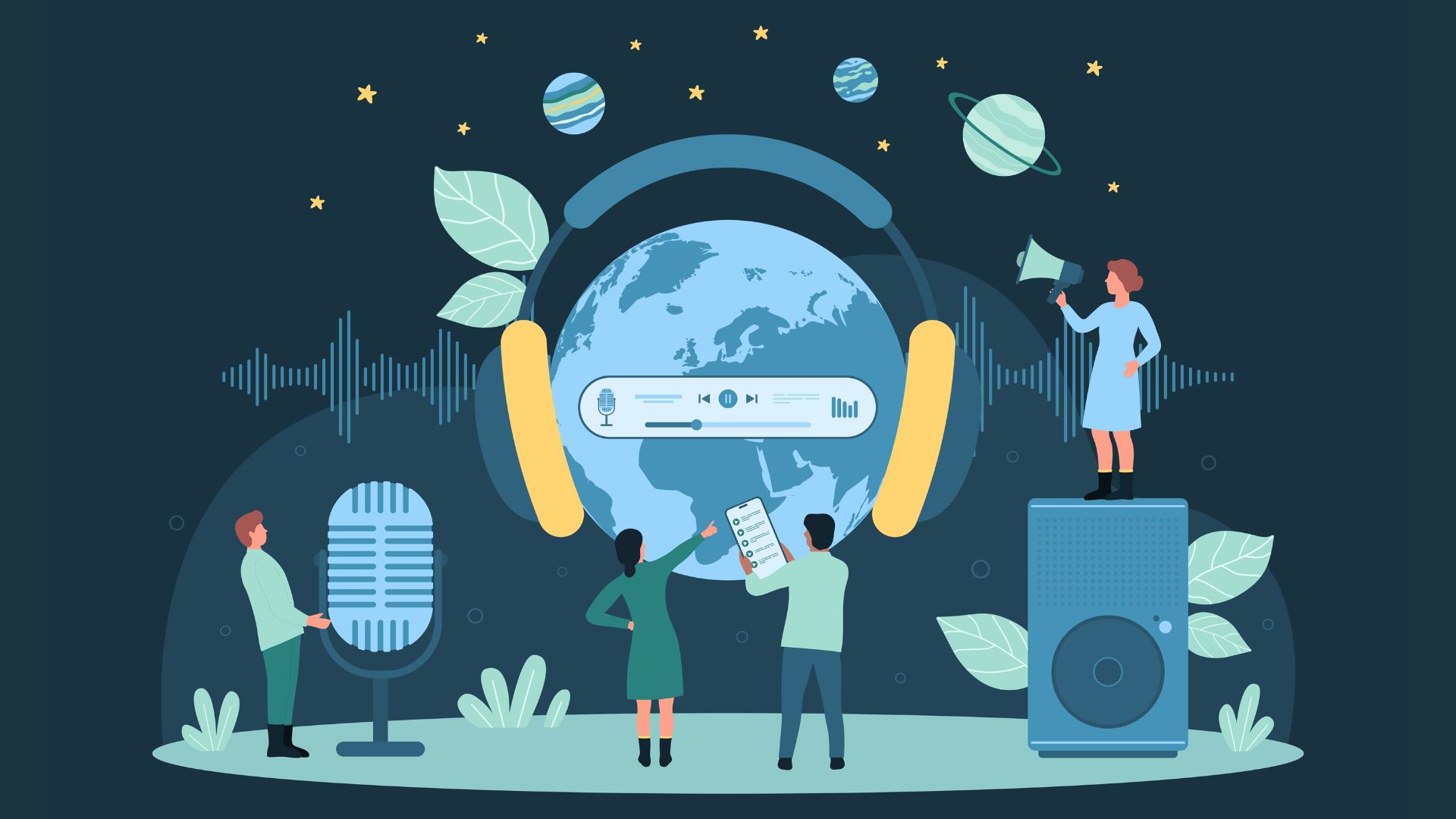Budgeting for your podcast? Don’t forget these hidden costs
If you’ve been thinking about starting a podcast, you’ve probably looked into the obvious costs – microphone, software, maybe a hosting platform.
But what about the hidden costs? The ones that creep in once you’re up and running?
It’s easy to assume podcasting will be a low-cost endeavour, but there are plenty of things that can add up.
And if you don’t know what’s coming, you could find yourself under-prepared or out of pocket.
Want help starting your podcast? Download my FREE ‘How To Start A Podcast’ guide.
Initial podcasting setup costs
When you’re starting out you can get set up pretty cheaply.
A decent microphone and some free audio software might be enough.
But if you want to make life easier or improve your setup, there are a few additional costs that can sneak up on you (this isn’t an exhaustive list)…
- Mic arms or stands – these are essential because you don’t want microphones in people’s hands but they’re something a lot of people forget about
- Lighting or video gear – if you’re recording video, even if you’ve got a good phone camera, you’ll need (at least) some decent lighting to make the footage look good
- Sound treatment – there’s a lot you can do at home without having to buy professional panelling but you might find you need a new rug, or some heavier curtains to absorb the sound if your room is really echoey
- AI tools – there are A LOT of great AI tools that can make your podcast workflow easier but you might find you want to utilise them earlier than expected (when you realise how long things take)
It’s not until you get started you realise what you need for your space and your show, so it’s easy for small additional costs to pop up that you might not have budgeted for.
While this might be annoying, often these costs will be important because they’ll improve the quality of your show (or save you time).
Podcast hosting and software
Free podcast hosting might sound appealing, but you need to read the fine print.
Some free hosts limit features, include ads in your content, or make it difficult to move platforms.
Similarly, free editing software like Audacity is great, but you might eventually prefer a paid tool like Adobe Audition, which means you’ll have to factor in a monthly or yearly subscription.
If you’re choosing a free product always remember, if you’re not paying with money you’re likely paying with something else, so you want to make sure you’ve read the Ts&Cs.
Podcast marketing and promotion tools
If you want people to find your show, you’ll need to market it and that takes time, energy and sometimes money.
Some of the things you might need to fork out for include…
- Social media scheduling tools (e.g. Buffer, Later, SocialBee) – these will save you SO MUCH TIME considering how many posts you need to send out if you’re going to promote your podcast properly
- Ad spend – while determining ROI on this isn’t an exact science in podcasting, social media advertising can help boost your reach and get your show in front of people who might not see it otherwise
- Design tools – you might find the free version of Canva doesn’t cut it, or you might be ready to pull your hair out after trying to design your own logo and want to hand it to a professional, which (obviously) costs money
Podcast polish: Music, SFX and transcripts
These elements help your show sound more professional and make it more accessible but again, they come with a price tag…
- Music licensing – yes you can get free music but you have to be very clear on what you’re allowed to use it for so sometimes it’s easier to pay to keep things (legally) simple
- Sound effects – these aren’t a necessity for all shows but if you decide to add audio bells and whistles to your podcast you might require a subscription to an SFX library
- Transcripts – these are helpful for accessibility and SEO, but they’re also a key ingredient when using AI tools like ChatGPT to help create additional content around your show
It’s important to note a lot of podcast hosts offer transcription, but using that feature might bump you onto a higher plan.
The biggest hidden cost? Your time
Prepping, recording, editing, uploading, writing show notes, promoting, cutting video promos (and everything else that’s involved in podcasting) takes time.
Often, it takes waaaaaay more time than you think.
If you want your podcast to succeed long-term, you need to know what you’re getting into before you launch.
That’s why I always recommend practising before you go ‘live’ so you can get a realistic understanding of how long the full production process will take.
You don’t want to jump into this and launch only to realise you’re never going to be able to keep your podcast alive because you underestimated how much time you’d need.
So, how much should you budget?
You can start a podcast for under $200, but if you want to do things properly (and sustainably) you’ll need to invest time, and potentially more money, as you grow.
Want a list of gear that suits your budget? Grab my free guide below.
🎙️ Want to start a podcast but feeling overwhelmed?
Grab my free “How To Start A Podcast” guide or get step-by-step support inside my online course, PodSchool.
Got a question about podcasting? Send it my way so I can answer it on the podcast!

